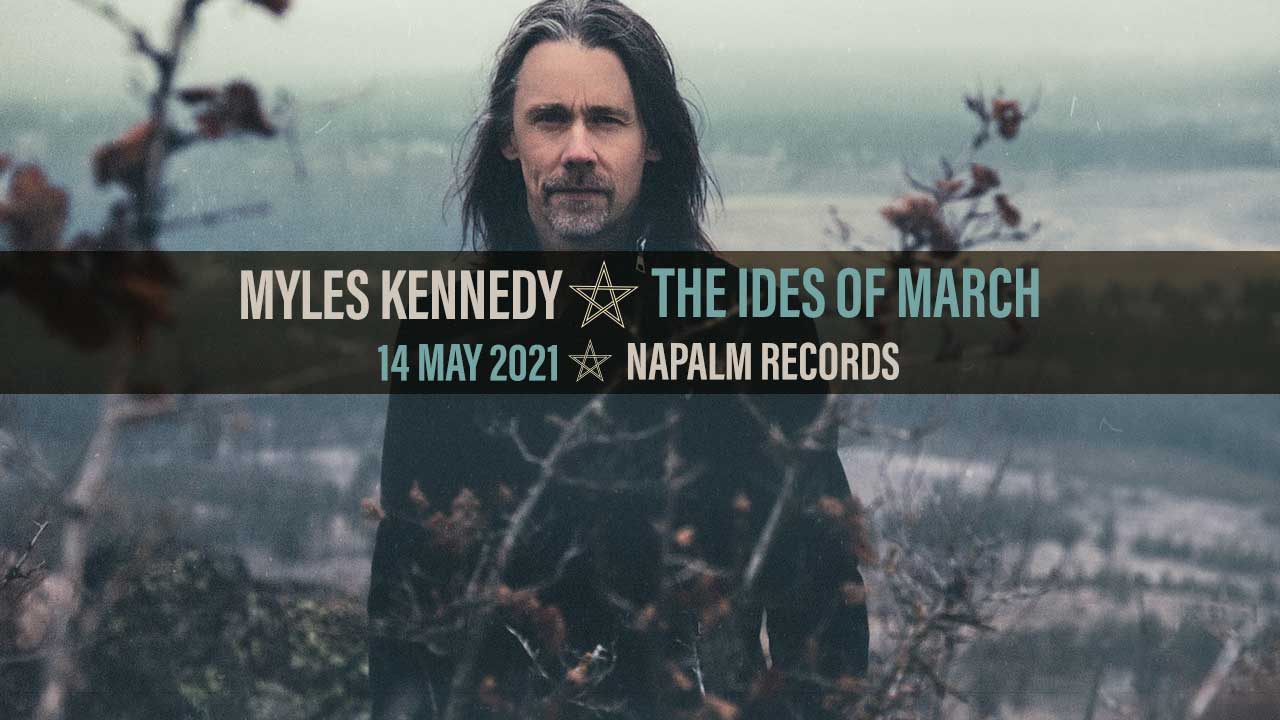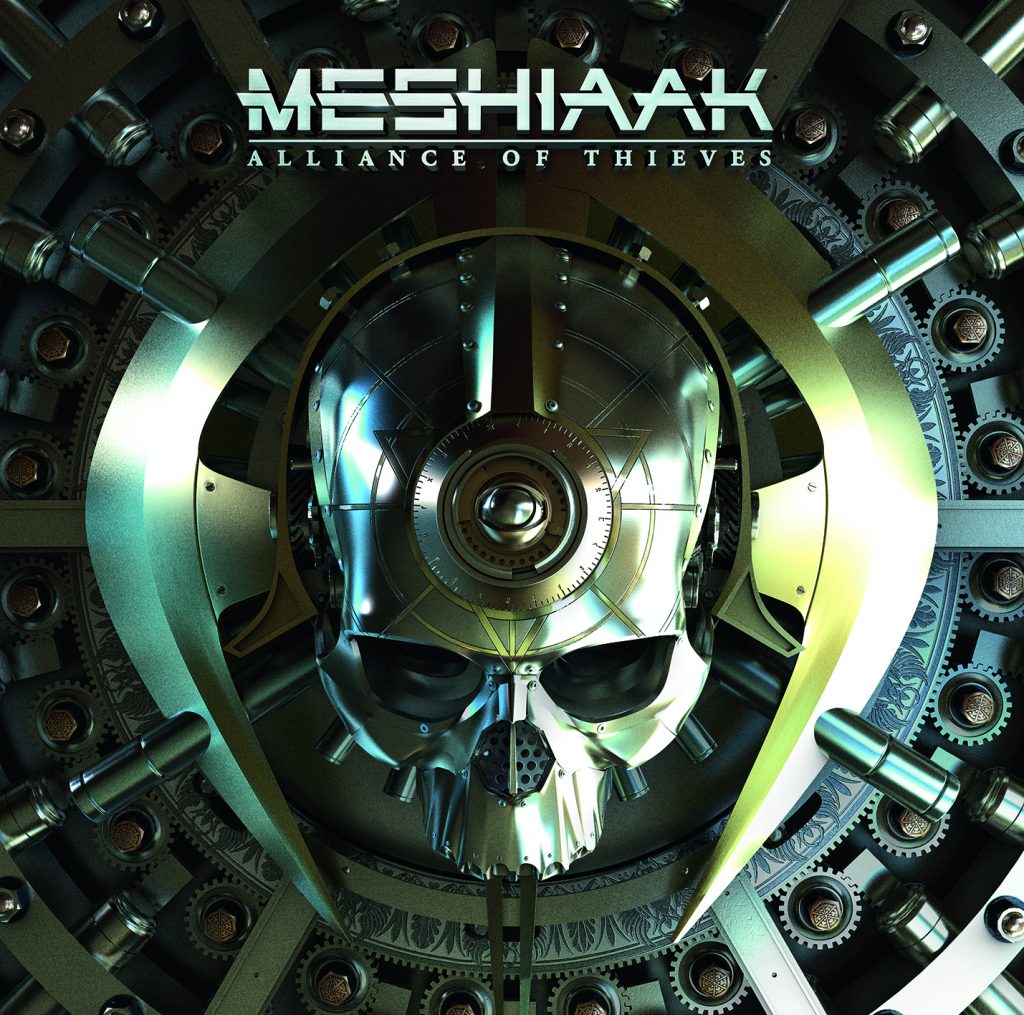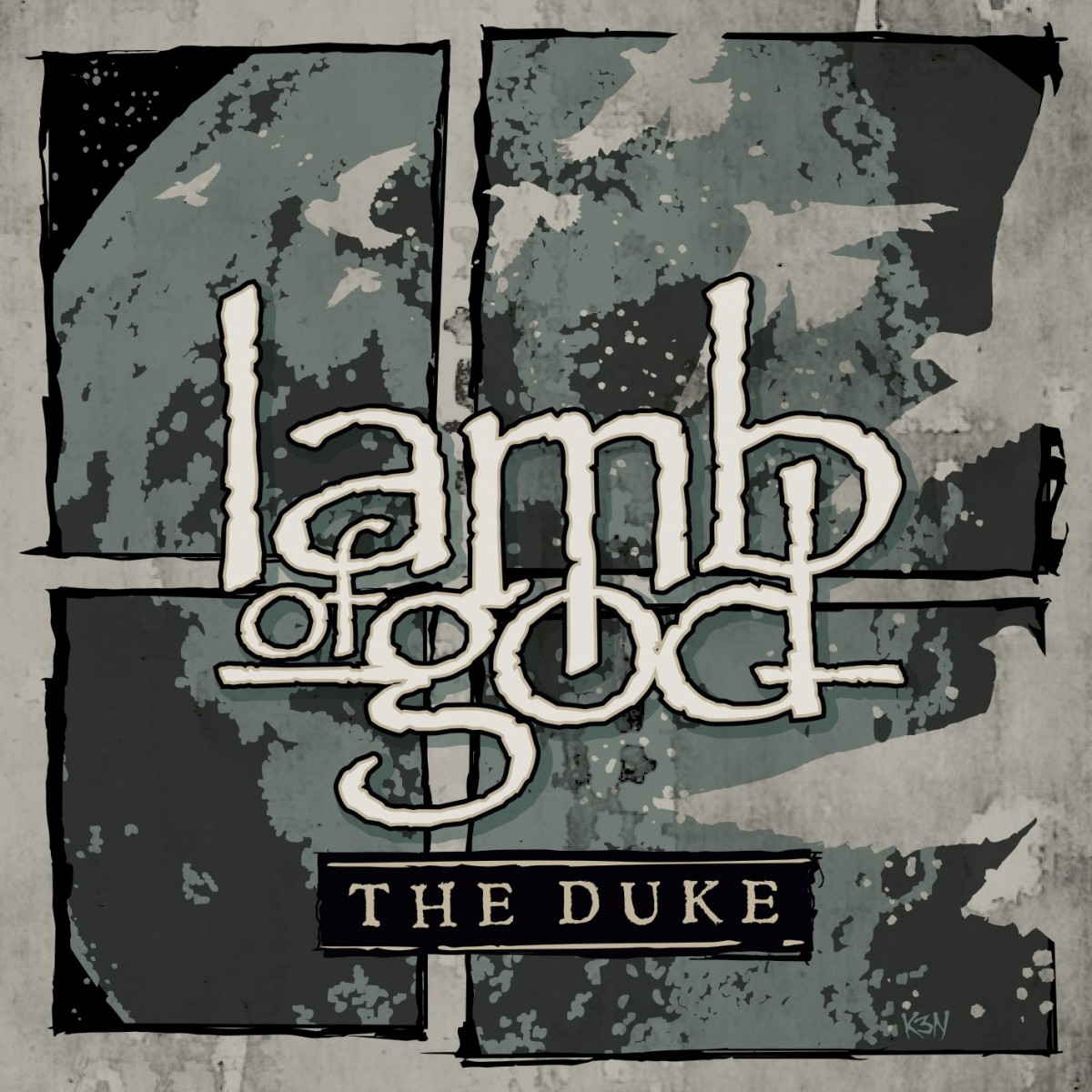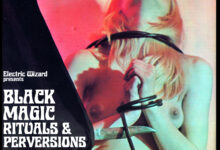 In lieu of transparency, it should be first stated that I was a bit late discovering Myles Kennedy. To be even more forthcoming, I found Myles Kennedy via a long Guns ‘N Roses listening session. It was then that I discovered a video of him playing with Slash and doing a version of the classic “My Michelle”. The ‘80s have a sacred status for me though the years following saw my tastes delve deeper into the underground. What struck me was how he hit all the notes – all the notes. True, Axl sounded great when he filled in for AC/DC, an ideal gig for him, but the Guns ‘N Roses reunion shows illustrated the sad degradation of his vocal prowess. Suffice to say, upon discovering Myles’s tenacious, prodigious singing, I took a deep dive listening to the breadth of his discography. Thus, it was with great anticipation that I received this album to review, and therefore, here are my thoughts regarding The Ides of March.
In lieu of transparency, it should be first stated that I was a bit late discovering Myles Kennedy. To be even more forthcoming, I found Myles Kennedy via a long Guns ‘N Roses listening session. It was then that I discovered a video of him playing with Slash and doing a version of the classic “My Michelle”. The ‘80s have a sacred status for me though the years following saw my tastes delve deeper into the underground. What struck me was how he hit all the notes – all the notes. True, Axl sounded great when he filled in for AC/DC, an ideal gig for him, but the Guns ‘N Roses reunion shows illustrated the sad degradation of his vocal prowess. Suffice to say, upon discovering Myles’s tenacious, prodigious singing, I took a deep dive listening to the breadth of his discography. Thus, it was with great anticipation that I received this album to review, and therefore, here are my thoughts regarding The Ides of March.
First, this is a Rock record through and through. The songs contained within are crafted of the same, Blues-based approach that lent itself to the penning of myriad classic albums from the Rock pantheon. Throughout the eleven tracks, there is a solid ebb and flow established between songs that have a more “good time” bent and those that fall into the epic category.
Beginning with the first track, “Get Along,” a thick, syrupy sound rages with huge guitars and a mesmerizing groove made all the more so with Myles Kennedy’s signature vocals. It has a distinct Modern flavor, one which lends itself perfectly to Rock radio. In fact, it is hard not to be hopeful for the future hearing quality tunes like this with its clever writing, impressive musicianship, and catchy hooks.
The production on the album is, as can be expected, absolutely top-notch. From the crisp snap of acoustic guitar to raging, hot-rodded Marshall tones, the guitar is expertly captured. A delicate balance is established between the crucial six strings, the rhythm section, and the vocals. The import of the rhythm section can truly not be understated. The steady thump of the bass drum and sizzle of the hi-hat provide the anchor upon which not only the bass guitar shines but the rest of the band as well. Vocally speaking, it is a feat of fidelity as his vocals range from the softest whispers to full, melodic lines.
The title track is the epic of the album. “Beware the Ides of March” urges caution through the lens of Julius Caesar who met his untimely demise over two thousand years ago. “Et Tu Brute?” It is a song to lead the listener on a journey, one that begins with the faint acoustic and vocals. Over the course of nearly eight minutes, the song opens up like a small tributary flowing into a massive river. The voyage is one on par with some of the most impactful classics of the past particularly the work of Led Zeppelin mixed with a bit of Soundgarden. Having a four-octave vocal range allows the man to simply do it all and this album serves as the canvas upon which he paints his art.
“Wake Me When It’s Over” is the perfect song to follow such a stirring emotional anthem. It harkens back to carefree days and long nights, loud music, and endless parties. Balancing the hedonistic essence of Rock ‘n Roll with more introspective selections points to the unique personality of the artist who obviously holds Page/Plant in as high regards as Lennon/McCartney and the impeccable Allman Brothers (the final track, “Worried Mind” has quite the distinct flavor of a blend of Duane Allman and Dickie Betts). That diversity of influence contributes substantially to the successful, lasting impact of the album. A perfect example of the tone changing gears yet again is the following track, “Love Rain Down,” framed by an infectious fingerstyle guitar line that opens up into a stormy chorus that echoes loudly against slide guitar drenched in reverb.
Ultimately, The Ides of March is a highly personal album from Myles Kennedy. Throughout the course of the eleven tracks, one is treated to top-shelf Hard Rock with a pronounced Blues and ‘70s influence. I could not help but think of Gene Simmons when listening to this album because he had recently said that Rock is dead. No, Gene, it is not dead, and this album is the proof!







